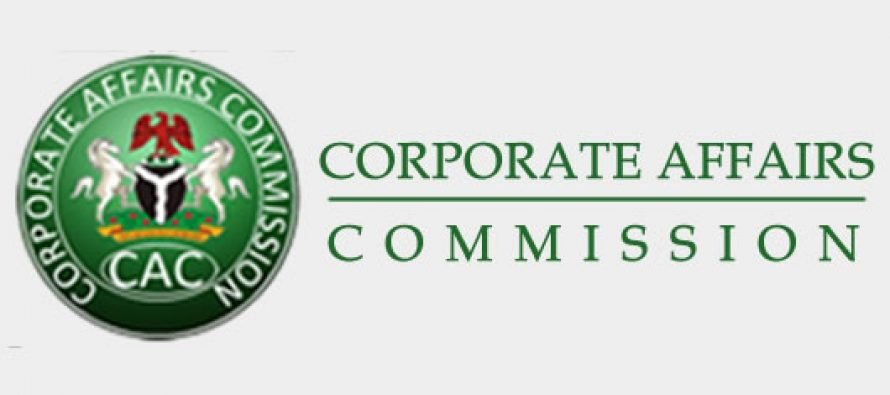CAC IS PLANNING TO REMOVE 100,000 COMPANIES FROM ITS DATABASE

The Corporate Affairs Commission (CAC) has announced its intention to remove 100,000 registered companies from its database.
The Registrar-General and Chief Executive Officer of CAC, Alhaji Garba Abubakar, made this disclosure during a workshop on the ‘Use of the Beneficial Ownership Register’ in Lagos.
Abubakar stated that the commission is intensifying enforcement against 100,000 companies that have failed to file their annual returns in the last 10 years. According to Section 692 of the CAMA (Companies and Allied Matters Act) 2020, these companies are scheduled to be struck off by CAC.
He clarified that before taking action, the commission will send notice of striking off to the affected companies. However, companies have the opportunity to be relisted after settling their outstanding debts and obtaining a court order, in accordance with the law. Abubakar emphasized the importance of timely payment of annual returns to avoid being struck off.
Regarding Africa’s first Beneficial Ownership Register (BOR), developed by CAC with support from the World Bank, Abubakar believes it will play a crucial role in combating corruption, money laundering, and terrorism financing. He encouraged stakeholders, including investigating agencies, legal practitioners, journalists, and civil society organizations, to utilize the BOR in fulfilling their responsibilities.
The Chairman of the Nigerian Bar Association Section on Business Law, Dr. Adeyeye Adefulu, praised CAC for achieving another significant milestone and pledged to maintain a positive relationship with the commission. Adefulu urged members to apply the knowledge gained from the training for the benefit of Nigeria’s economy.
Aminu Gwadabe, President of the Association of Bureau De Change Operators of Nigeria, stressed the importance of the BOR in the fight against money laundering and terrorism financing. He advised professionals to exercise due diligence when dealing with their clients to mitigate associated risks.

Leave a Reply